This is my first attempt at a full post, and it won't be that great probably. That's okay for me and I am not here pretending I know everything - feel free to disagree with me and post your opinions!
----
Periodically, there is always a new post on this sub, getting lots of agreement, that goes something like this:
If Bitcoin goes up in value, why would I ever spend it? It would be better to save it. And that is why Bitcoin can't be a currency.
I believe this line of thinking is flawed and doesn't square up against history and real human behavior.
1. Deflation isn’t theoretical, it’s everyday life
First of all, deflation isn't something new or mysterious. It is a quite typical occurrence in the history of economics. Typically any sort of technological improvement is deflationary. And the history of humanity is full of such technological improvements.
Spotify is cheaper than vinyls. And I remember my dad buying a garbage laptop in the year 1995 or something costing way more in real terms than my $500 laptop today (and mine is way better than that old one!). This is everyday deflation and it is familiar to all of us.
Normal, every day occurrence. People purchase deflationary consumer goods every day, even when they know well that it's only bound to get cheaper over time. But if they want it now, does it matter how much cheaper it will be 1 year from now or something? If it’s 2015 and you need a smartphone, does it matter that in 2020 there will be cheaper and better options?
2. “How the world works”: our world, our reality is not absolute
If your currencies goes up in value against consumer goods, that can be either because your currency goes up in value (scarcer) or consumer goods get cheaper (manufacturing advancements etc.). Either one, perhaps both.
The net effect is that stuff gets cheaper.
The most major and obvious example is the industrial revolution. It was a strongly deflationary time. Imagine this: prices in the year 1900 were lower, in nominal (!!) terms than in the year 1800.
Imagine this idea, that your grandpa could literally hide some dollars under the mattress, hand these down to you 50 years later and these would be worth even more than they were before. This was the reality, the way the world works, for people who lived for most of the 19th century.
When I was born, I was gifted a gold coin by a relative - this coin is only more valuable today than it was back then. And back in the day (especially before 20th century), people sure did spend gold coins.
This aspect of the different reality that we experience as humans depending on the time period is interesting. Ray Dalio recently published a video in which he talks about the changing world order, and how that has changed many times over the course of history - but none of us alive today has experienced it before, and we don't know how to deal with it. We are incapable of understanding these paradigm shifts because it simply isn't part of what we have seen during our time being alive.
Perhaps that is why we don't intuitively understand deflation and deflationary currencies. Over the course of the last 50 years, the price index climbed faster than ever (recorded) before in the US - and anyone that is alive today, this is the only world that we know. "Prices go up, inflation is normal, my money becomes worthless if I don't do something with it soon - that is just how the world works".
I just want to convey to you that this is not a necessity of physics or mathematics, and people at different points of history experienced completely different ways of "how money works".
3. When stuff gets cheaper, what happened historically? Did people spend more or less?
We can draw from history to understand how people behave in deflation. What happens as your currency gets more valuable? Your whole premise is that you will stop spending and save more.
But it turns out the opposite is true in history. People spent more, as stuff got more affordable. It turns out that no average human thinks "I want to grab dinner with my friends tonight, but if I wait 6 months it will be 3.57% cheaper on average based on historical trends" - nobody thinks like this.
So let me tell you a bit of what actually happened during the deflationary times of the Industrial Revolution.
A nice video: History of Ideas - Consumerism
And a nice read:
Borne along by the dramatic expansion of the telegraph and railroad after the Civil War, people, livestock, and goods crisscrossed the continent faster, cheaper, and more reliably than had been possible previously. [...]
To find work in these growing sectors, people poured into cities, where they adopted new patterns of consumption. Most fresh vegetables came from a street cart or a grocery shop rather than the family plot. New shoes, which rural households often purchased only when a peddler with appropriate sizes appeared, were available to urban families in an assortment of sizes and styles all year round.
As the twentieth century began most Americans had access to a substantially higher standard of living than that of their ancestors in 1800. [...] The things that most Americans once considered luxuries, such as a bed frame and springs or a clock, had become indispensable to all but the very poor. Pianos and mirrors, scarcely dreamed of on the early- nineteenth-century frontier, found their way into the parlors of urban and rural middle-class homes. Working-class families in 1900, those with annual incomes below 600 dollars, often had carpets and curtains.
4. My conclusion
So in my opinion, I find this whole idea that a healthy economy depends on your currency becoming worthless over time to be unfounded and a reflection of the specific time period we have experienced rather than as a sound, timeless idea.
I think that regardless of whether Bitcoin is deflationary, you would live your daily life and spend on what is valuable for you. And if stuff gets cheaper for you relative to your money, I think you will be open to the idea of spending more rather than less.
I understand that right now you think Bitcoin will 10x so you really don't want to spend it. But what about a future where Bitcoin is much more established, not so volatile anymore and increases max. 5% per year or something. How about then? There will be a point where you will be comfortable spending it.
Of course this is just an opinion and I am not here pretending I am teaching something, I can be wrong all the time. Just merely expressing what I think. Curious to hear your views.
[link] [comments]

You can get bonuses upto $100 FREE BONUS when you:
💰 Install these recommended apps:
💲 SocialGood - 100% Crypto Back on Everyday Shopping
💲 xPortal - The DeFi For The Next Billion
💲 CryptoTab Browser - Lightweight, fast, and ready to mine!
💰 Register on these recommended exchanges:
🟡 Binance🟡 Bitfinex🟡 Bitmart🟡 Bittrex🟡 Bitget
🟡 CoinEx🟡 Crypto.com🟡 Gate.io🟡 Huobi🟡 Kucoin.
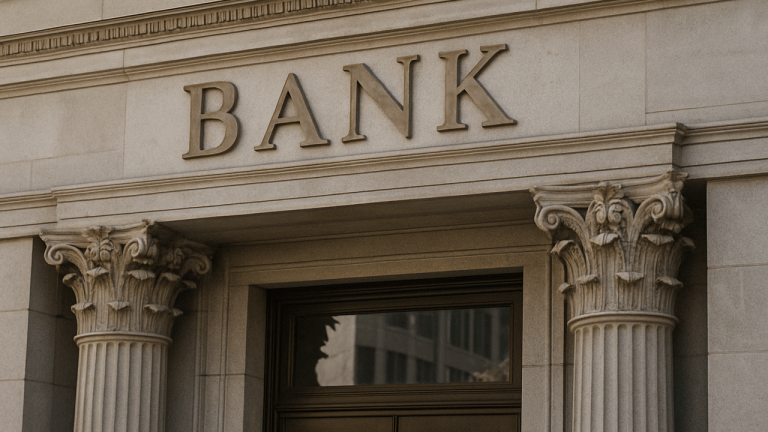
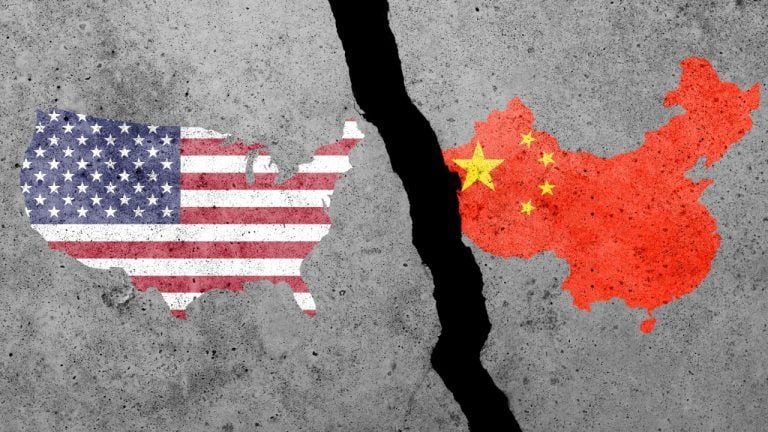
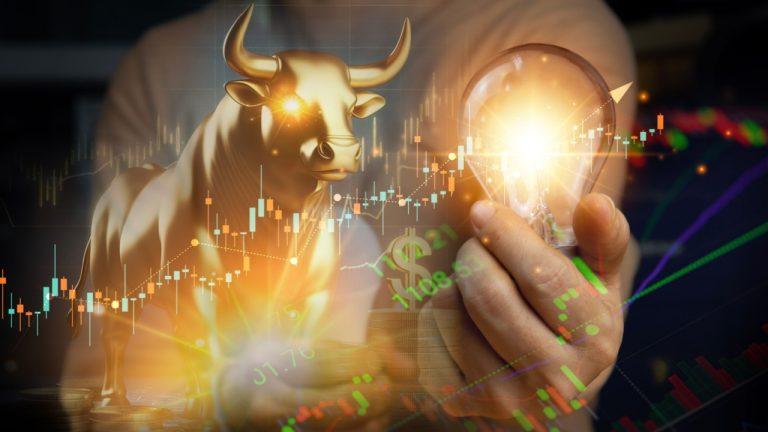
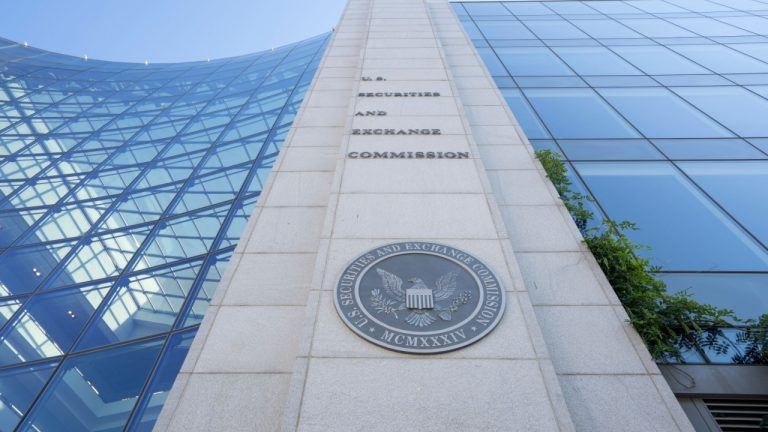

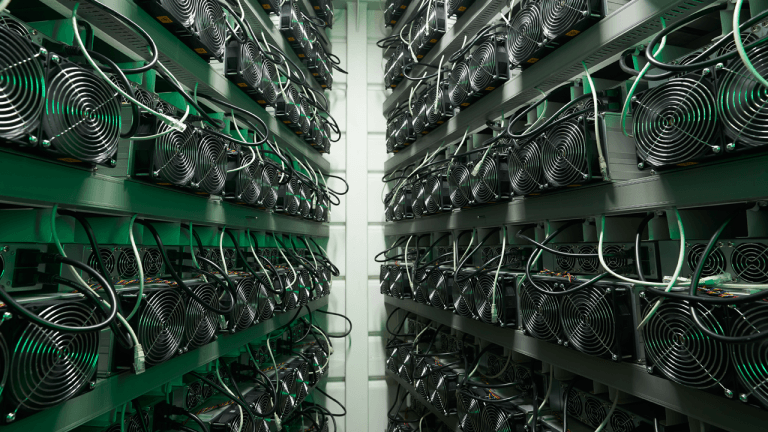


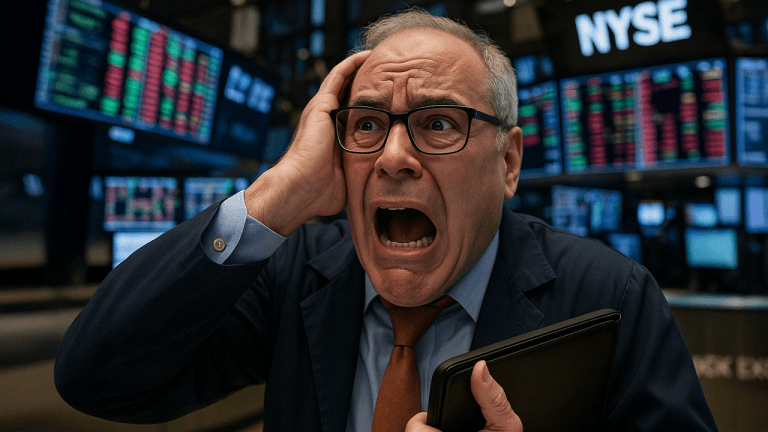


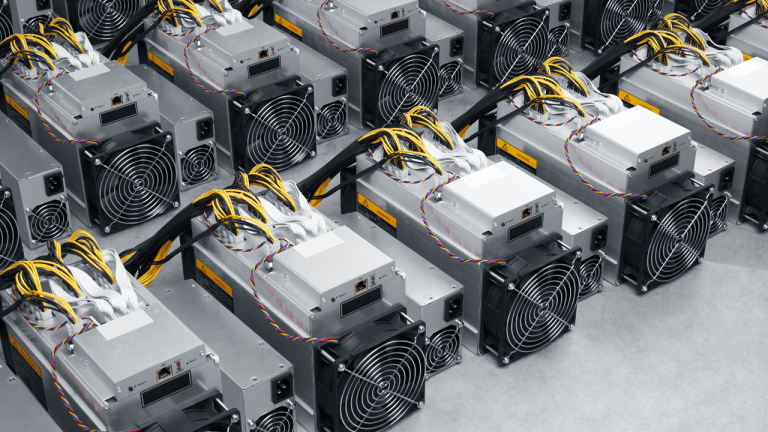

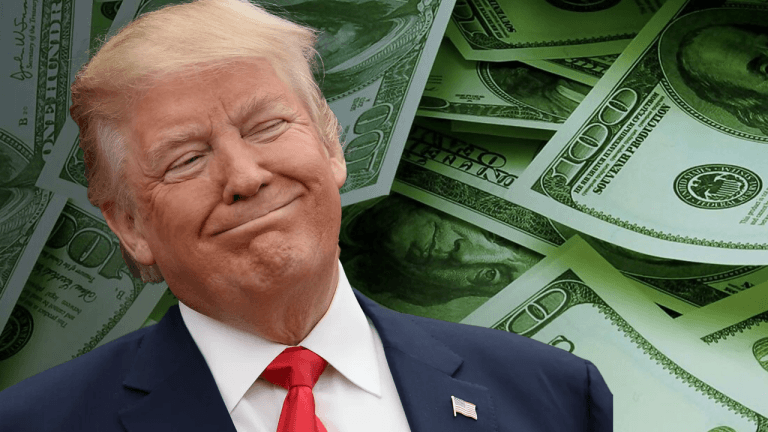



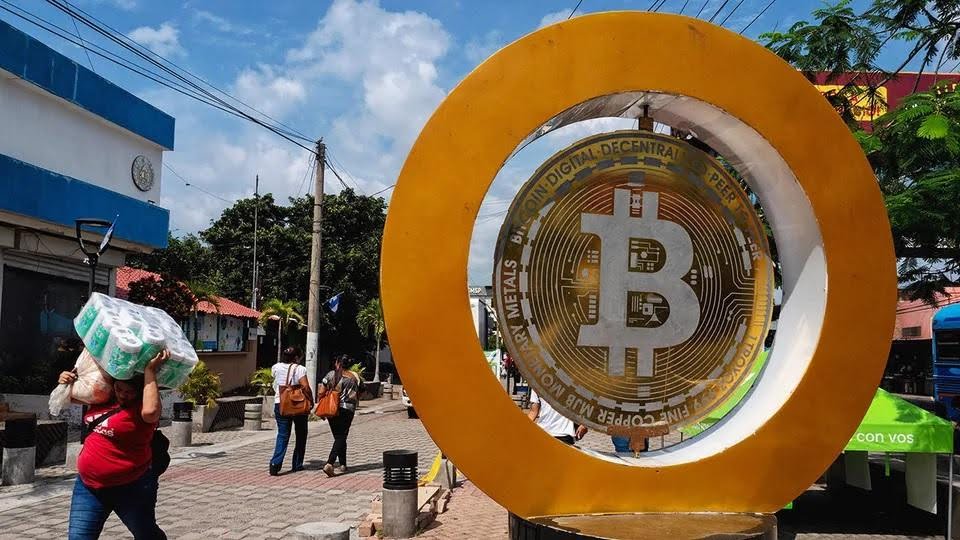


Comments